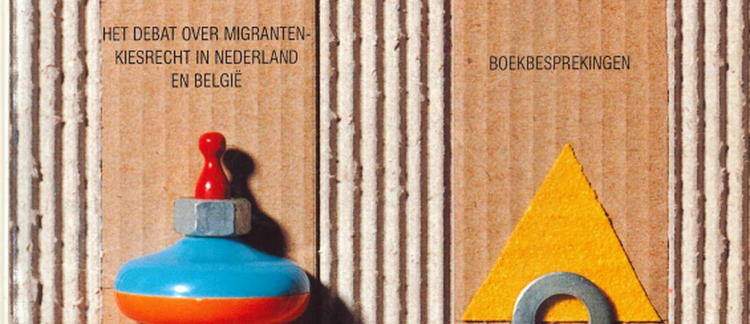Abstract
In the seventies and eighties there was ardent parliamentary debate over local enfranchisement of foreign residents in both Belgium and the Netherlands. When comparing both debates, it is striking that in the Netherlands there was an explicit consensus created not to polarise regarding the issue (thus keeping the ideas of the extreme-rightwing parties out of the debate), while in Belgium there was polarisation, In this way stances that could legitimise or strengthen (latent) racism and ethnocentrism were consciously avoided in the Dutch debate, while the Belgian debate was partly transformed into an electoral struggle over the anti-immigrant vote. This had a crucial effect on the process of formation of discourse coalitions leading to the respective policies of both countries. I formulate a tentative explanation of how the divergent developments of polarisation around the enfranchisement issue can be understood, by pointing out the indirect (discursive) influence of the colonial history and its relations to ideas on national identity.
How to Cite:
Jacobs, D., (2000) “Waarom polemisering?: het parlementaire debat over lokaal kiesrecht voor vreemdelingen in Nederland en België in de jaren zeventig en tachtig”, Tijdschrift voor Sociologie 21(4), 363–382. doi: https://doi.org/10.21825/sociologos.86511
Downloads:
Download PDF
View PDF


